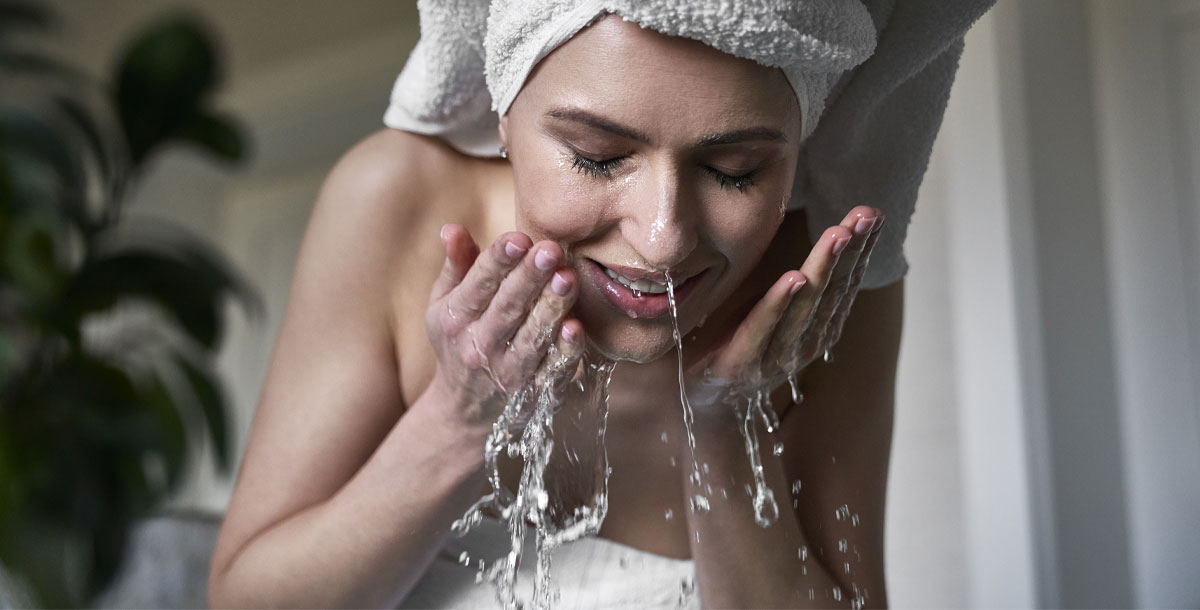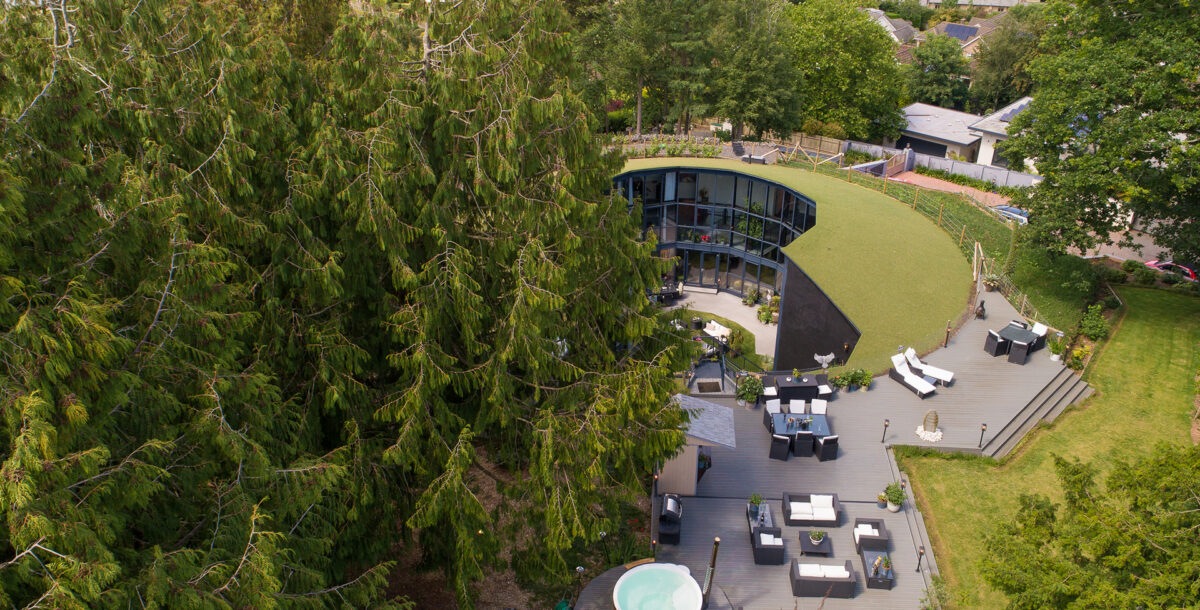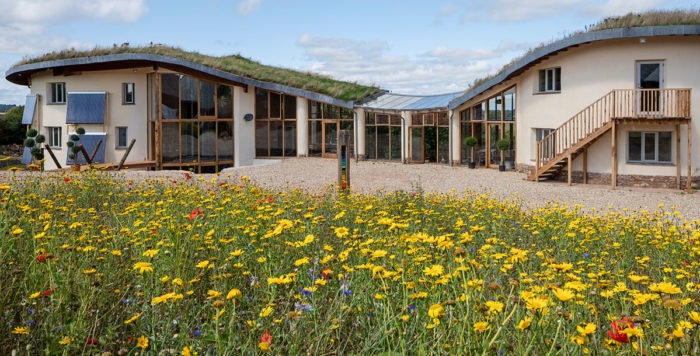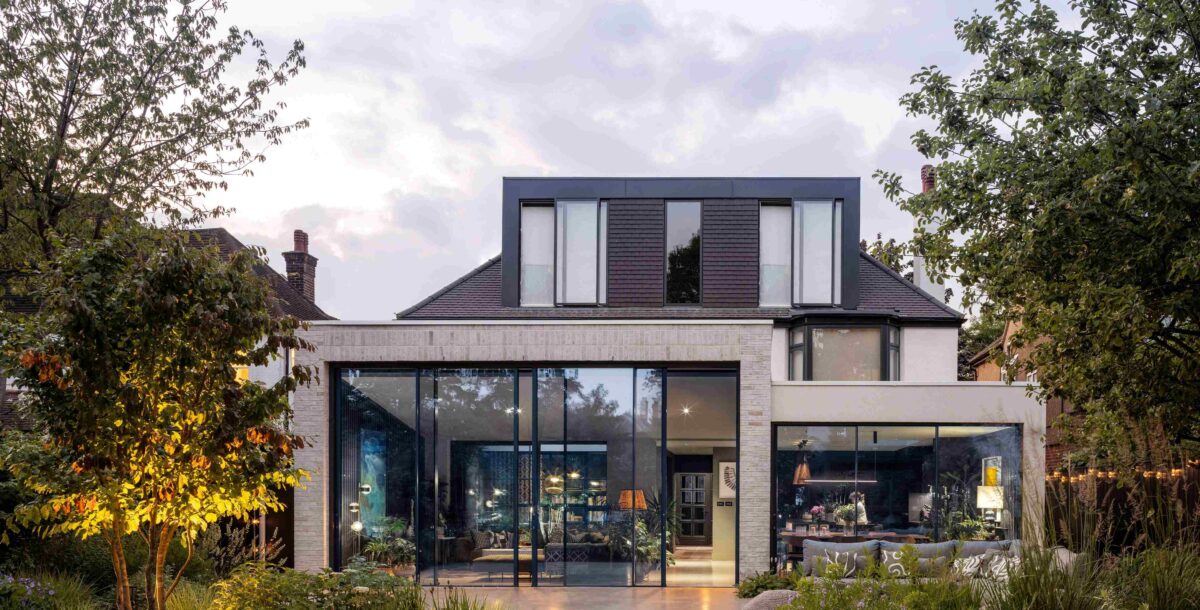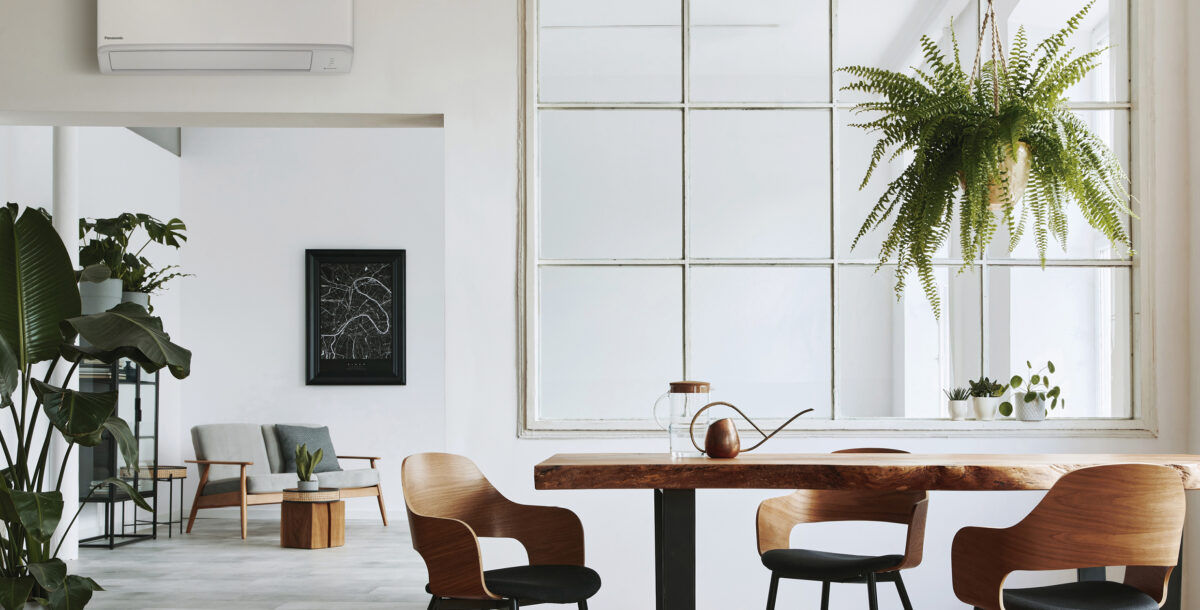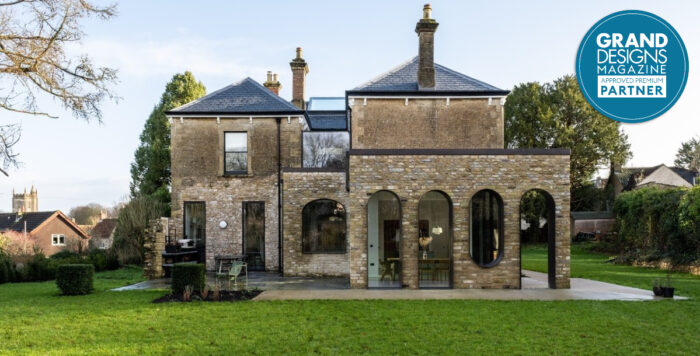What are the benefits of a water softener?
Invest in a water softener and cut back on cleaning duties
Did you know that a water softener can reduce the amount of time you need to spend cleaning? The experts at leading brand Harvey Water Softeners explain the benefits of a water softener and why – beyond a cleaner bathroom – you should consider consider getting one installed.
How does a water softener work?
Millions of microscopic resin beads within the Harvey twin-cylinder system trap hard water minerals. Each bead has a negative charge, which attracts the positive charge of calcium and magnesium within the water. The minerals stay behind in the beads, and the result is pure, softened water. Then the system regenerates, using sodium to flush out the calcium and magnesium, which disappear harmlessly down the drain.
Single-cylinder water softeners need to pause the water softening process to regenerate, whereas Harvey’s twin-cylinder design means that the regeneration process can take place at any time without interruption. A meter within the system judges when to regenerate, so there is no water wastage.
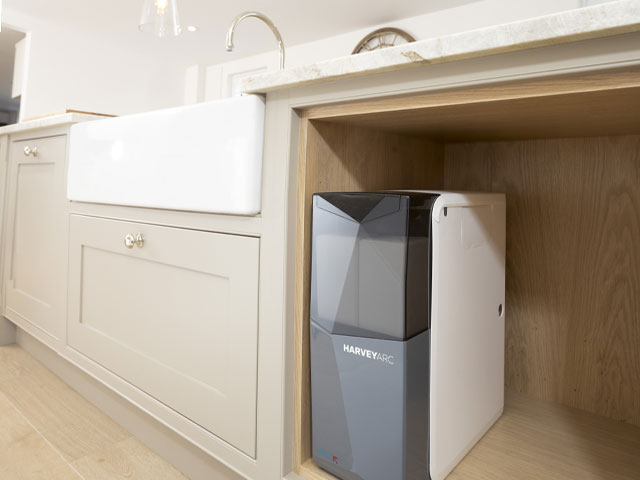
Photo: Harvey Water Softeners
How is it fitted?
The appliance can be neatly and unobtrusively plumbed in below the sink in your kitchen. If you prefer, your Harvey Water Softener could be out of sight in the loft, the garage or even outside. There are three sizes to suit homes with differing needs.
Set aside a morning or afternoon for a Harvey specialist plumber to install the appliance for you. Installation is a simple process – a little more complex than a washing machine, but much simpler than getting a new boiler.
How do I maintain a water softener?
It couldn’t be easier. Just top up the block salt when it runs out. No other maintenance is needed. A Harvey Water Softener operates silently during normal use and regeneration sounds similar to the filling cycle on a washing machine, lasting around 10 minutes.
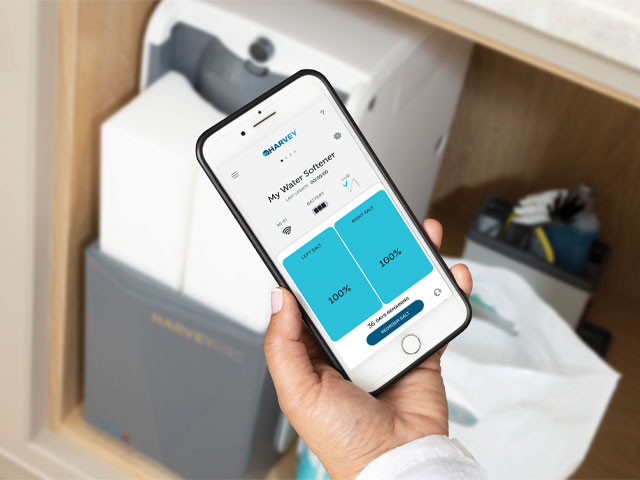
Photo: Harvey Water Softeners
What are the benefits of a water softener?
- Shinier surfaces and fewer limescale marks
- Cleaner dishes and glasses
- A longer lifespan for kitchen appliances
- Extra bubbles and more lather from soap and shampoo
- Soap, shampoo and washing up liquid lasts longer
- Helps soothe skin conditions like eczema
- Gentle on babies skin
Less limescale
Those tell-tale white limescale marks on appliances, taps and sinks will be a thing of the past if you install a water softener. Over time, limescale build-up can shorten the life of kitchen appliances and damage pipework. With a water softener, bathroom and kitchen surfaces won’t need as much cleaning and will appear shinier for longer. You’ll wave goodbye to clogged up shower heads, scum in the bath or residue on your shower screen. Softened water doesn’t leave a streaky residue behind, so dishes and glasses will sparkle more, too.
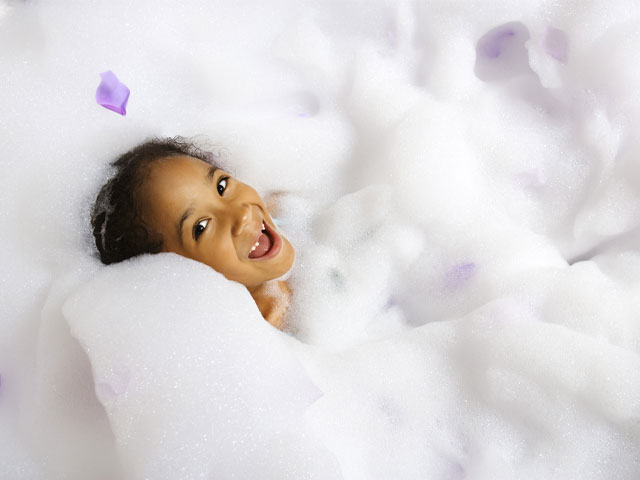
Photo: Jupiter Images / Getty
Softer skin
Since softened water produces more lather, you’ll even notice the water-softener difference when bathing and showering. You’ll enjoy extra bubbles and can expect softer skin and silkier hair. Softer water can be soothing for people with skin conditions such as dermatitis, eczema and rosacea. It’s also gentle on babies skin.
Money saver
The high calcium and magnesium mineral content in hard water decreases shampoo lathering capabilities and can affect conditioner’s ability to soften and penetrate the hair. Soft water requires less soap and fewer rinses to achieve optimal results so, with a water softener, you’ll find you’re using less of everything from shampoos to washing liquids and bathroom cleaners. Naturally, this benefits the environment, too.
Find out more
Visit harveywatersofteners.co.uk to find out more, call 01483 753404, or visit the team at Grand Designs Live at Excel London from 29 April – 7 May 2023.
Lead image: G Point Studio / Getty Images

